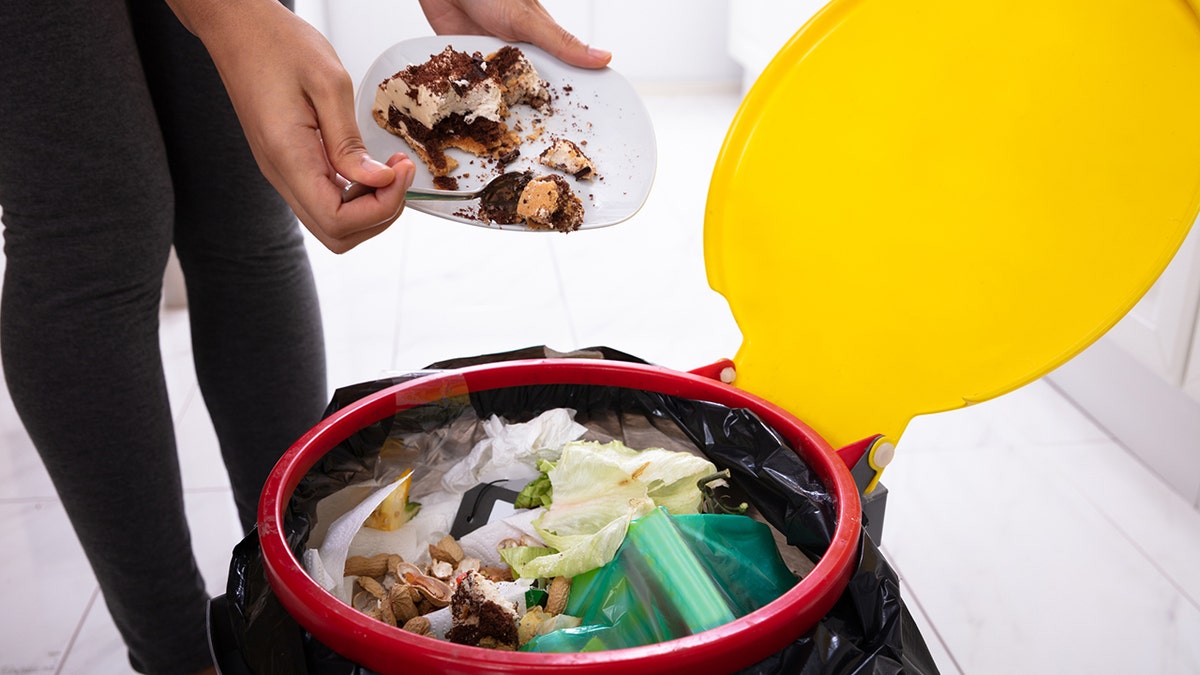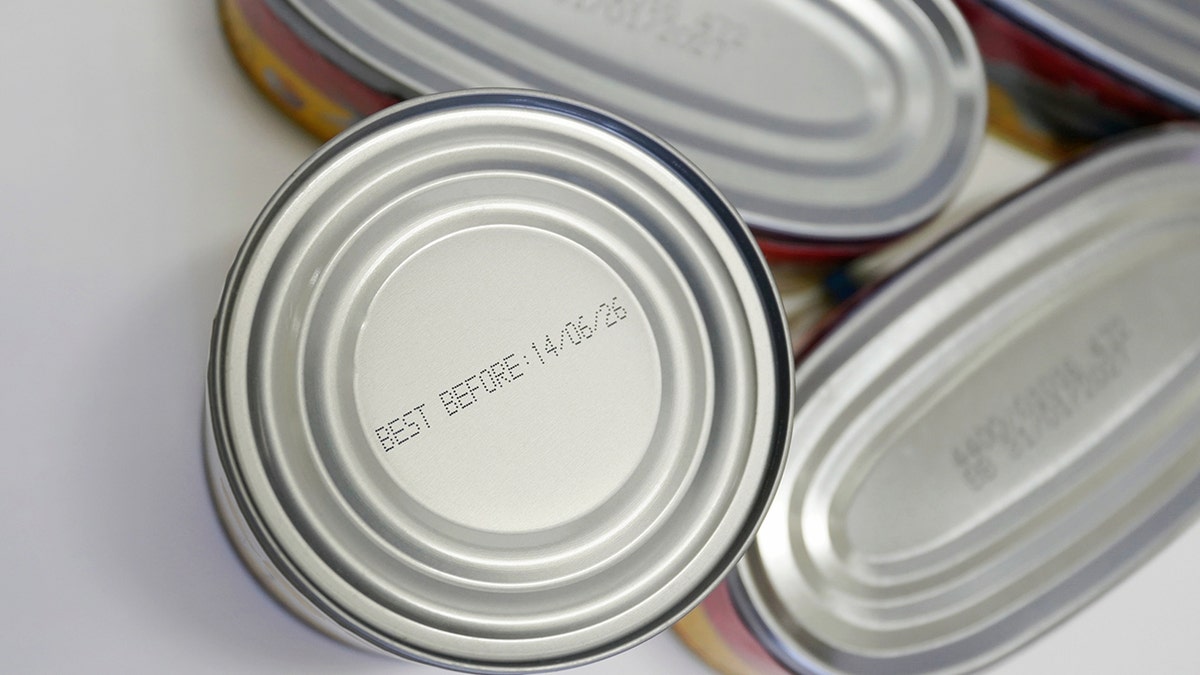Navigating expiration dates can be tricky. While we often hear "when in doubt, throw it out," understanding when food is truly unsafe requires a bit more nuance. Food safety experts offer valuable insights to help you make informed decisions about what's safe to eat and when it's time to part ways with your leftovers.
Alice Knisley Matthias, a food writer, emphasizes the importance of trusting your senses. A strange odor emanating from dairy, canned goods, or packaged items is a clear warning sign. Similarly, dented or bloated cans should be discarded immediately as they indicate potential contamination.

Damaged packaging also poses a risk. Matthias advises against consuming anything from packages that appear ripped, torn, or have signs of pest activity.
For canned and jarred items opened for the first time, a distinct "pop" sound should be present, indicating a proper seal. Absence of this sound suggests a potential breach and increased risk of contamination.
Food safety expert Trevor Craig echoes these sentiments, highlighting the seriousness of foodborne illnesses, which are often underestimated. While many perceive them as causing only temporary discomfort, Craig warns that they can lead to severe health complications, even death, particularly for vulnerable individuals like children, the elderly, and those with compromised immune systems.

Craig emphasizes that visual inspection isn't foolproof as bacteria are invisible. He advocates for caution, stating, "It's better to err on the side of caution." While sell-by dates often pertain to quality rather than safety, Craig advises discarding expired meat and being mindful of other expired products.

Chef Jess Swift Harrell, a registered dietitian, reminds us that even fully cooked food can harbor bacteria. She recommends discarding any cooked food left at room temperature for over two hours. For holiday leftovers, she suggests consumption or freezing within three days to maintain quality and minimize foodborne illness risks.
Comments(0)
Top Comments